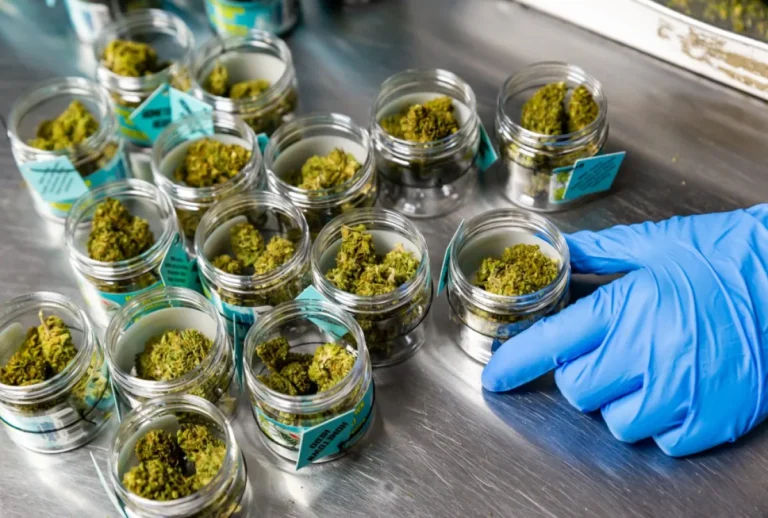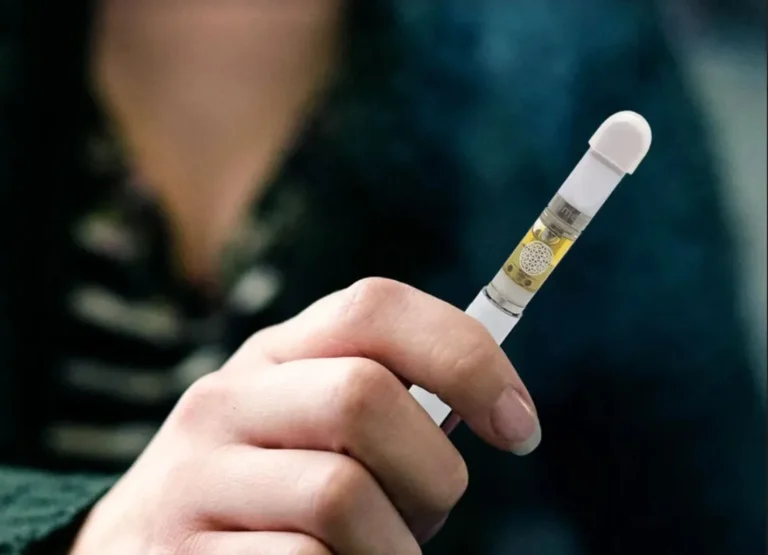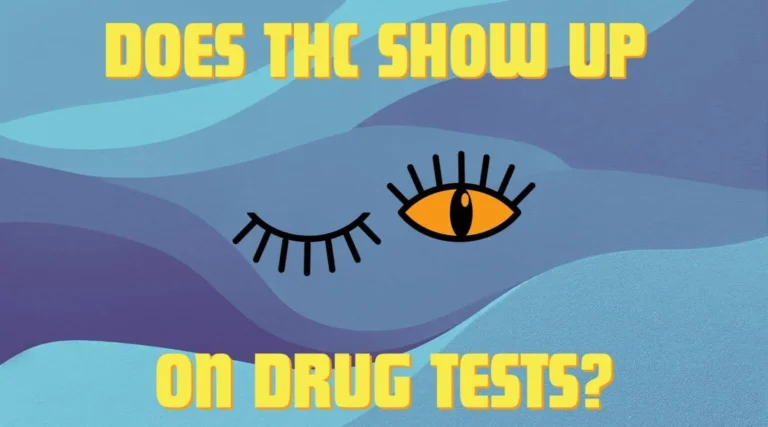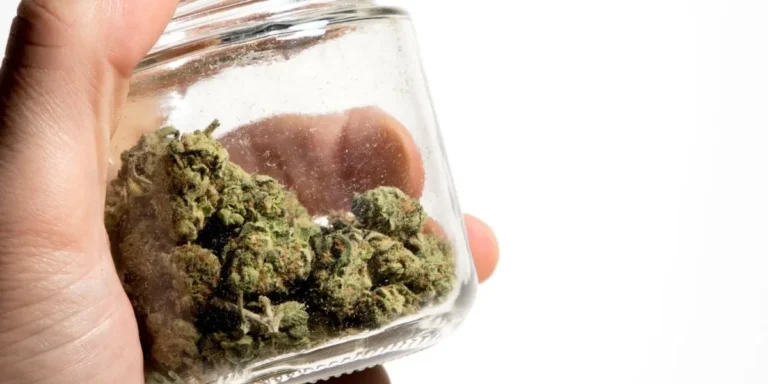Dog Ate Delta 9 Gummies What To Do
As Delta 9 THC edibles, such as gummies, become more widespread, it’s increasingly common for pets, particularly dogs, to accidentally consume them. Unlike humans, dogs have a heightened sensitivity to THC, and even minimal exposure can lead to serious effects or toxicity. If your dog has ingested Delta 9 THC gummies, acting swiftly and understanding the necessary steps is vital to ensure their safety and health.
Identifying THC Toxicity in Dogs
Delta 9 THC, the psychoactive component of cannabis, can trigger intense reactions in dogs due to their unique physiology and increased sensitivity to cannabinoids. Common symptoms of THC toxicity in dogs include lethargy, loss of coordination, excessive drooling, dilated pupils, urinary incontinence, and tremors. Severe cases may involve seizures, persistent vomiting, or even a coma. These signs can manifest anywhere from 30 minutes to several hours after ingestion, depending on the dog’s size, metabolism, and the potency of the gummy.
Dogs exposed to THC may display unusual behavior, ranging from extreme sedation or disorientation to uncharacteristic hyperactivity. If you notice any of these signs, do not delay—prompt action is crucial to prevent further complications.
The first and most important step in handling the situation is to stay calm. Panicking only adds to the stress, which can make your dog’s symptoms worse. Once you’re able to maintain composure, create a safe, quiet environment for the dog. Reducing stress and limiting movement can help in managing the circumstances effectively.
Assess the Situation
It’s essential to determine how much Delta 9 THC your dog has consumed. If possible, check the packaging of the gummies to understand the concentration of THC in each one. Knowing this will allow you to estimate the amount your dog ingested, providing critical information that will be helpful when you consult a veterinarian.
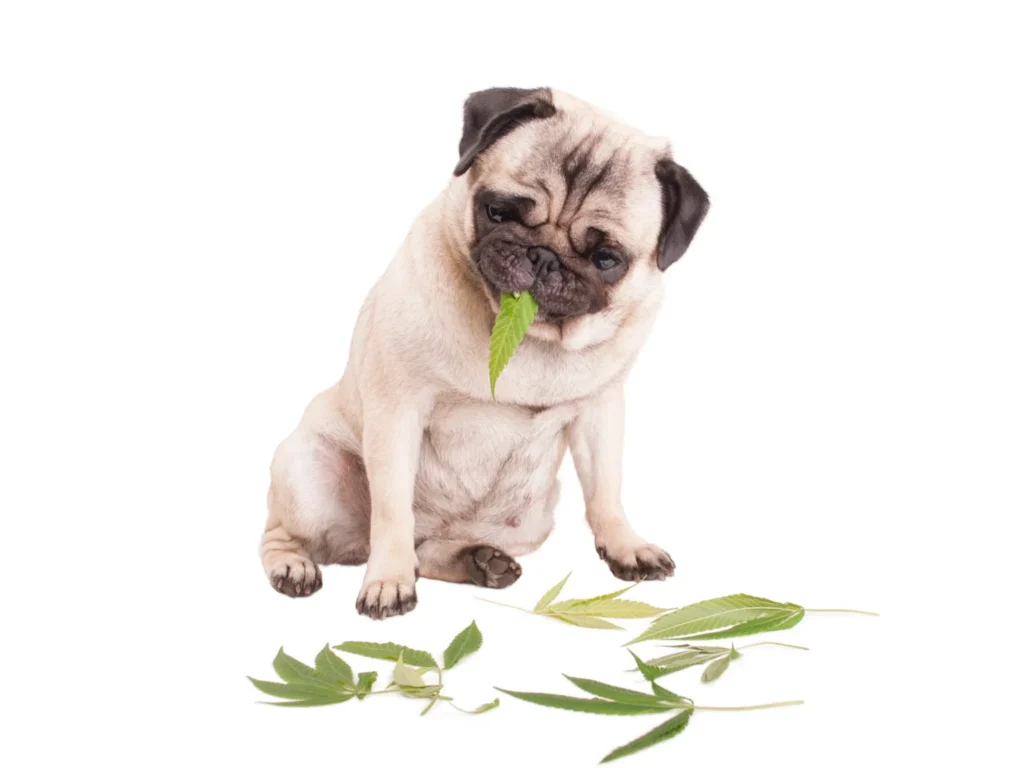
When to Contact a Veterinarian
If your dog ingests THC, reaching out to a veterinarian should be a priority, even if the symptoms seem mild. A vet can assess the potential risks based on factors such as your dog’s age, size, and overall health. Experienced in cannabinoid toxicity, veterinarians can guide you on whether immediate treatment is necessary or if at-home care will suffice. If the THC dosage is unknown or suspected to be high, seeking veterinary care promptly is the safest option.
If a vet is unavailable, you can contact a pet poison control hotline for critical advice. These services operate 24/7 and offer invaluable support in emergencies involving accidental ingestion.
Common Treatment Options
In mild cases of THC ingestion, a veterinarian may suggest home care, including monitoring your pet closely and ensuring they stay hydrated. Creating a calm, quiet environment for your dog can help minimize the effects of THC, reducing sensory stimulation that could worsen symptoms.
For more severe cases, the vet might administer activated charcoal to prevent the THC from being absorbed further. IV fluids can be used to help flush the toxin out of the system, stabilize heart rate, and maintain hydration. To control vomiting, anti-nausea medications may be given, and in extreme cases, sedatives might be necessary to calm the dog’s anxiety or restlessness.
Expected Recovery and Prognosis
With proper care, most dogs recover from THC toxicity within 24 to 48 hours. However, older dogs or those with underlying health conditions may take longer to recover. Veterinary guidance can help ensure the best possible outcome. If your dog has ingested a higher dose of THC, they may need longer observation. Thankfully, most dogs recover without lasting complications when treated in a timely manner.
After the initial treatment, continue monitoring your dog, as some effects may persist. Offering fresh water and small amounts of bland food can help hydrate and provide energy during recovery.
Preventing Future Incidents
As Delta 9 THC products become more widely available, prevention remains crucial to safeguarding pets. Store THC edibles like gummies in secure, pet-proof containers out of your dog’s reach, on high shelves or in locked cabinets. Make sure all household members and guests are aware of the importance of proper storage, as even brief lapses in caution can result in accidental ingestion.
For those who frequently use Delta 9 products, using child-proof packaging can provide an extra layer of security. Additionally, establishing a rule to keep THC products away from areas where pets can roam will help reduce risks.
Final Thoughts
While it’s unsettling for a dog to ingest Delta 9 THC gummies, remaining calm and acting swiftly can help manage the situation effectively. Quick evaluation, a prompt call to the vet, and recognizing the symptoms can make a significant difference. By taking steps to keep Delta 9 products safely out of reach, you protect your pet from accidental ingestion and ensure a THC-free, safe environment.


